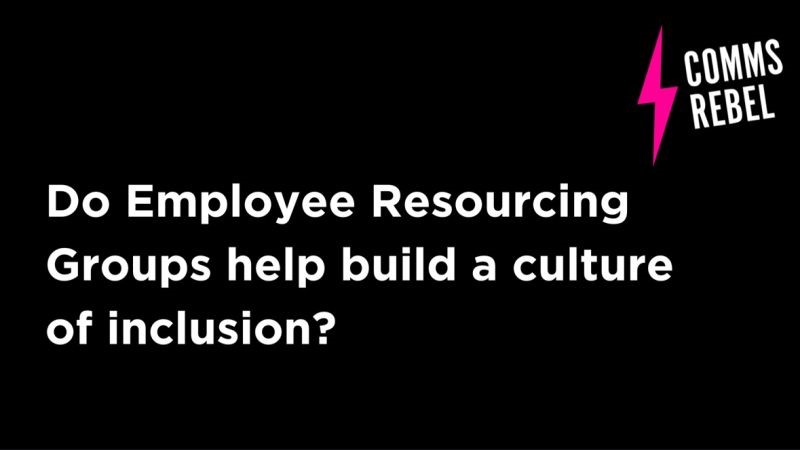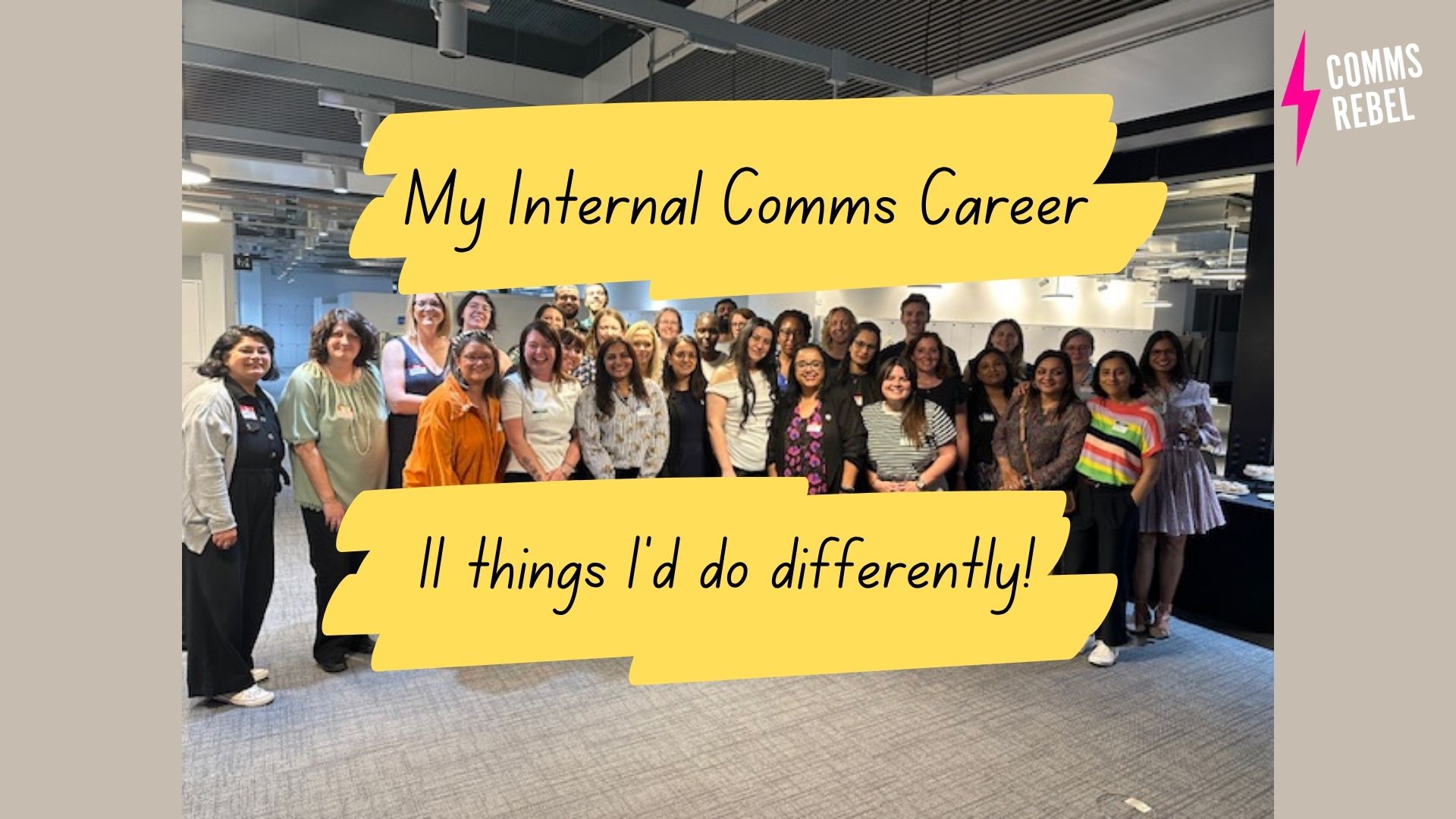#CuriousMoments with Advita
You have two fantastic colleagues, let’s call them Jack and Sunita. They are both high performers and have similar ambitions. However, thanks to Sunita’s action-taking behaviour, she’s asked to Chair the new Race group at work. Her manager says it’ll be great for her development and visibility.
Sunita, who is keen to receive a promotion, says yes, as she cares about this work, but a part of her also fears that she wouldn’t be seen as a team player if she didn’t take the opportunity.
During her performance review, her line manager says a promotional opportunity is coming up. Sunita is excited as she’s been working tirelessly to ensure she continues to deliver good work. Even though she’s exhausted, she’s often the first one to log on and the last one to finish, as she’s been helping the EDI lead with the EDI strategy. She’s also been mentoring a few colleagues struggling with exclusion in their team, and they don’t know who to turn to. In between all of this, she’s the sole carer for her parents. So, she often pops around a few times a week to check in on them.
Soon after the discussion, Sunita notices that all the interesting high-level projects are directed to Jack. When Sunita raises this as an issue, she’s told that over the past couple of months, it’s been noticed that she’s been distracted, and the leadership team feel she’s struggling with time management.
Meanwhile, Jack has been cracking through his objectives without much distraction and impressing senior leaders with his dedication. He’s been invited to events and even flown to the Brazil office to manage a short-term project.
A few months later, Sunita receives the news that Jack has been given the promotion as he’s been focused and dedicated to his job. She’s told that her performance has dropped, she’s missed deadlines, and the leadership team believes she can’t cope with more responsibilities.
I’d love to say this wasn’t true, but sadly, it’s a common occurrence in several organisations. So many underrepresented people are expected to balance their day jobs with free work because the organisation believes they are doing it to help them.
Please don’t misunderstand. I think it’s critical to create a space where marginalised folks can feel safe and connected. But expecting free labour from them so you can look good as an organisation is grossly unfair.
It may be a controversial viewpoint, but employee resource groups don’t work to drive the inclusion agenda, especially when you don’t have a dedicated sponsor, appropriate budgets and practical training. If you genuinely want to make a difference, create paid opportunities for those roles so they can make a proper impact.
What are your thoughts? Do employee resource groups work, and is it fair for underrepresented colleagues to give free labour alongside their paid role?
Originally posted on LinkedIn, Follow me for more curious moments.
–//–
CommsRebel can help you revolutionise workplace cultures from inside out. If you would like to cultivate a thriving inclusive culture so colleagues unleash their full potential, we can help! Please get in touch and let’s have a chat.


